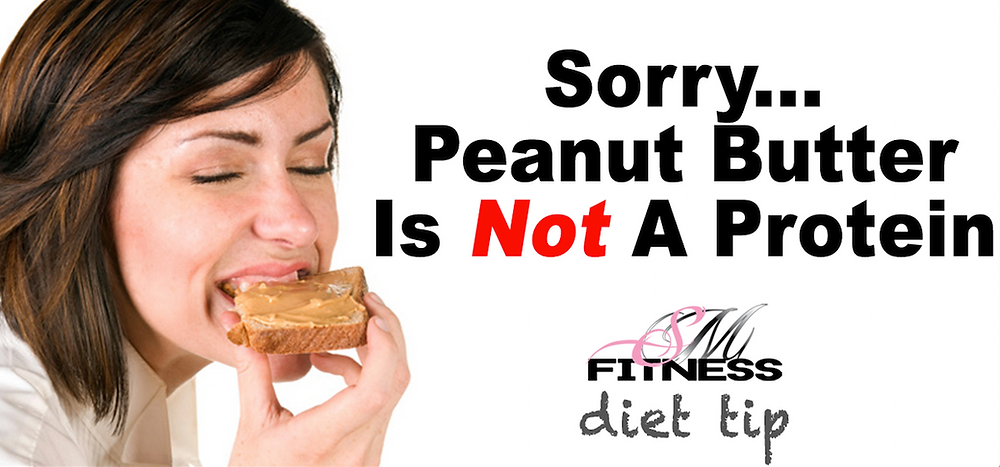Less than 2 minutes of googling. I do admit I knew what I was looking for.
Eggs are highly concentrated in cholesterol, raising concerns about effects on blood cholesterol concentrations. In recent years, the egg industry, working especially through US federally administered programs, has funded studies investigating the effects of eggs on blood cholesterol concentrations. In a 2013 review of prior intervention studies on the effects of dietary cholesterol and plasma lipoprotein profiles,
10 of the 12 included studies were funded by egg industry programs.
3 In 2015, one of the authors of that review served on the Dietary Guidelines Advisory Committee, which reported that “available evidence shows no appreciable relationship between consumption of dietary cholesterol and serum cholesterol . . .”
4 Although that statement was not carried forward in the final Guidelines, which called for
eating “as little dietary cholesterol as possible . . . ,”
5 the potential for industry funding for research to influence nutrition policy decisions has become an important concern.
The effect of diet on blood cholesterol concentrations has become controversial. We assessed whether industry-funded studies were more likely than non–industry-funded studies to report conclusions that were not supported by their objective findings. ...

www.ncbi.nlm.nih.gov
Emphases is mine.



